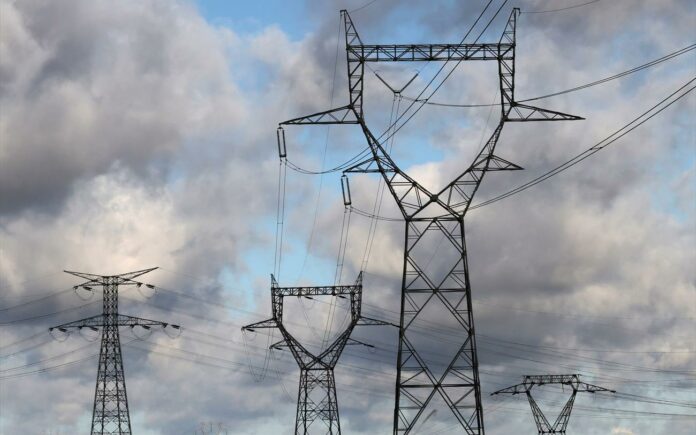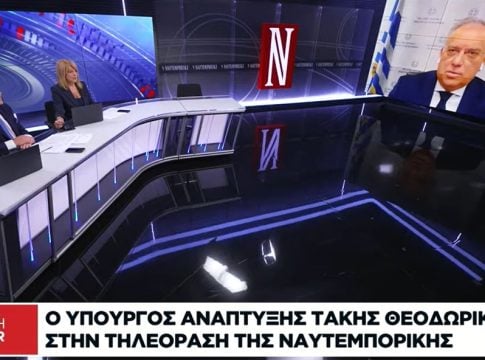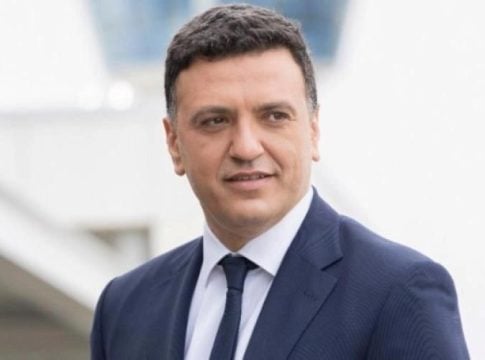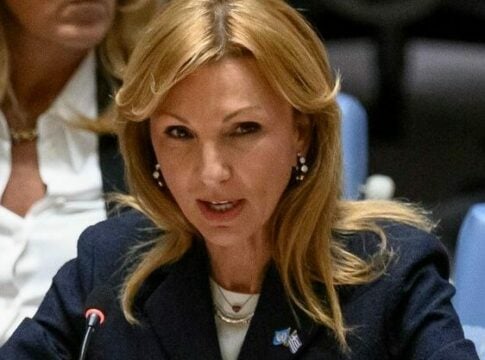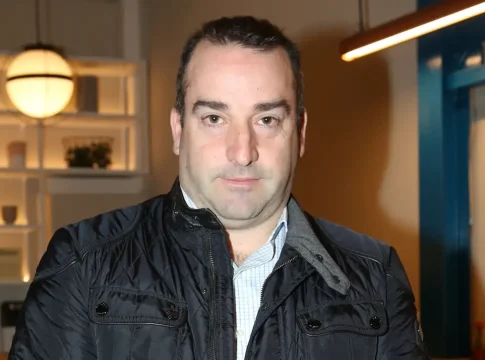Greece, Bulgaria and Romania’s Energy Minister decided to send a joint letter to the European Commission in order to ensure a more immediate reaction in periods of sharp rise in energy prices.
In particular, as government sources conveyed to “Naftemporiki”, the three parties agreed that Brussels needed to take an initiative on the matter.
In a previous report, “Naftemporiki” has written that the political leadership of the Foreign Ministry was already considering at the beginning of the month the possibility of mobilizing together with the rest of the Balkan states, as the problem of the recent “mini” energy crisis spread throughout the region of Southeast Europe.
Prime Minister Kyriakos Mitsotakis had already announced during the press conference at the Thessaloniki International Fair (TIF) the government’s intention to send a letter to the Commission.
The content of the letter
The letter will concern the possibility of greater flexibility in the use of emergency measures in times of strong fluctuations in the energy market, as what we recently experienced during July-August and September. Meanwhile, the new European directive provides for an emergency mechanism that can hardly be met in certain types of crises.
In particular, the existing European directive speaks of conditions that “persist” for at least 3 months and a regional or central energy crisis is established, which is also related to other factors, beyond the fluctuation of wholesale markets. In this light, the intention of the Ministry and the Greek government is to have a greater flexibility in the directive, so that it becomes possible to activate a kind of intervention mechanism in case of market distortion and malfunction, in order to prevent and intercept any pressure on energy prices.
Based on the model that will be proposed by the Greek side, the revenues from the wholesale of electricity, which are currently absorbed by producers, will also be channeled to investments in electrical interconnections and networks, so that there is a reduction in prices.
Of course, such a change in the target model will occur after negotiations with Brussels.
However, the Greek side is moving in this direction having created alliances with Bulgaria and Romania which also request the same changes.


